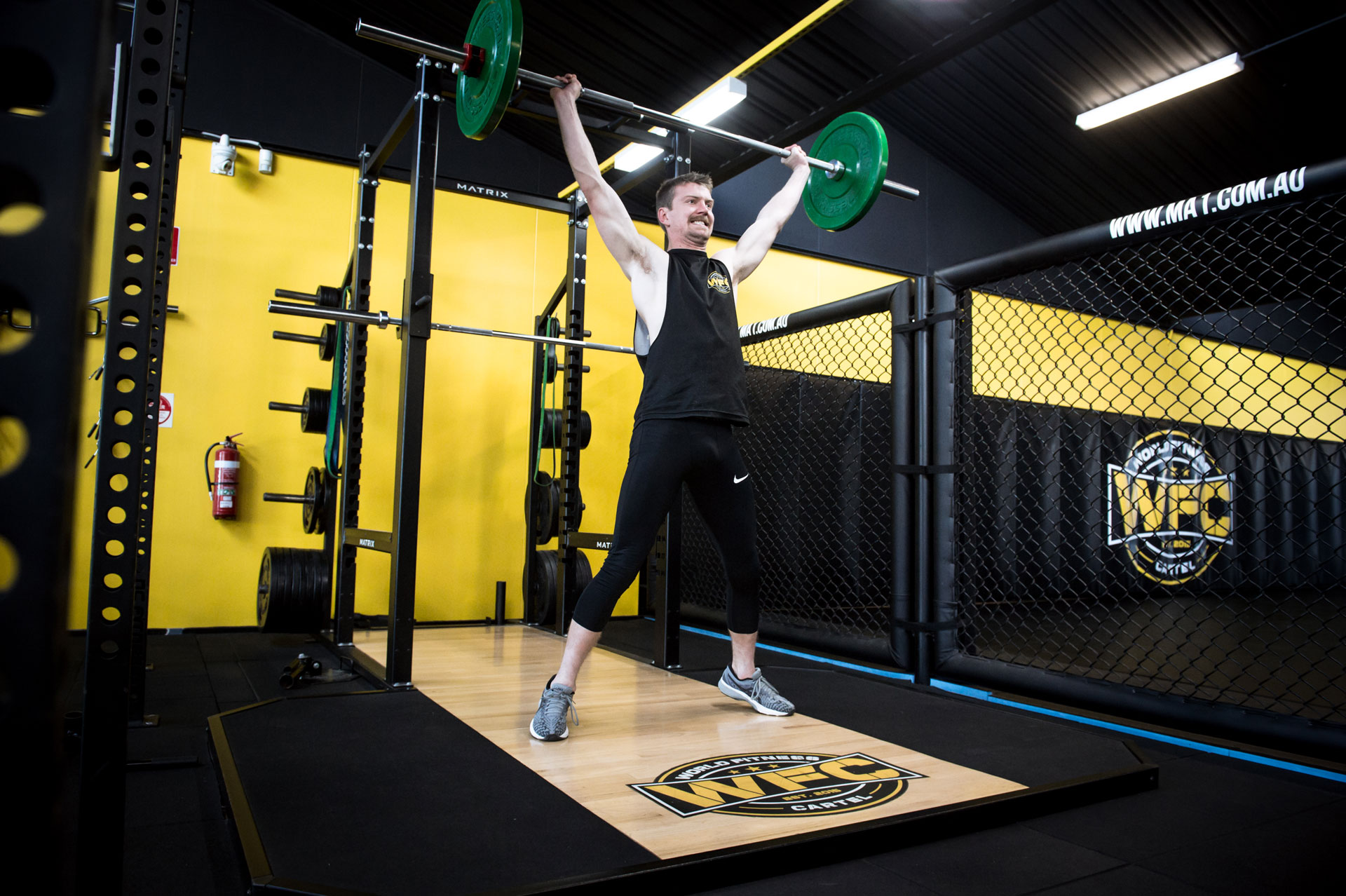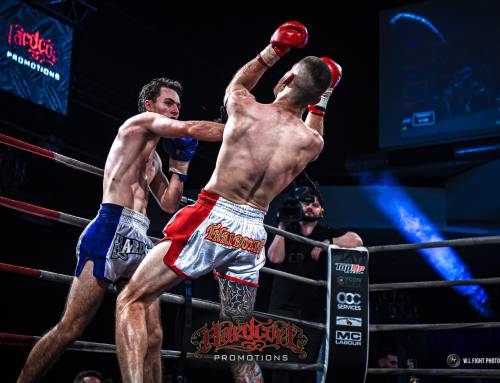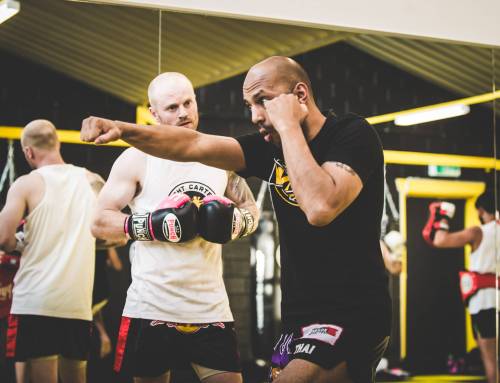
Unleash Powerful Strikes: The Role of Strength Training in Muay Thai
Why is strength training crucial for Muay Thai fighters?
When it comes to Muay Thai, striking power is of utmost importance. The ability to deliver powerful strikes can make all the difference in a fight. This is where strength training comes into play. By incorporating strength training exercises into their training regimen, Muay Thai fighters can significantly enhance their striking abilities and overall performance in the ring.
How does strength training benefit Muay Thai fighters?
Strength training offers a myriad of benefits to fighters. Firstly, it helps in developing explosive power, which is essential for generating knockout punches and kicks. Additionally, strength training improves muscular endurance, allowing fighters to maintain their striking power throughout the duration of a fight. It also aids in injury prevention by strengthening the muscles, tendons, and ligaments involved in striking movements.
Key Exercises for Strength Training in Muay Thai
Hitting the Weights: Compound Exercises
Compound exercises are the foundation of any strength training program for fighters. These exercises involve multiple muscle groups and joints, simulating the movements used in striking. Some essential compound exercises include squats, deadlifts, bench presses, and overhead presses. These exercises help develop overall strength, power, and stability, which are crucial for Muay Thai striking.
Plyometrics: The Explosive Power Builder
Plyometric exercises are another vital component of strength training for fighters. These exercises focus on explosive movements, mimicking the quick and powerful strikes used in the sport. Jump squats, box jumps, and medicine ball slams are effective plyometric exercises that enhance dynamic strength, speed, and agility.
Functional Training: Mimicking Fight Movements
Functional training involves exercises that mimic the specific movements and demands of Muay. This includes exercises such as medicine ball rotations, rotational lunges, and kettlebell swings. By training the body to move in a way that replicates fight scenarios, fighters can improve their striking technique, balance, and overall performance.
FAQs About Strength Training for Muay Thai
1. Can strength training make me slower?
No, when done correctly, strength training can actually improve your speed and power. By developing stronger muscles, you can generate more force and deliver strikes with greater speed and accuracy.
2. How often should I incorporate strength training into my Muay Thai training?
Ideally, strength training should be integrated into your training regimen 2-3 times a week. However, it’s important to strike a balance and not overdo it, as excessive strength training may interfere with your technique and flexibility.
3. Will strength training make me bulkier?
Not necessarily. Strength training can be tailored to meet your specific goals. If you’re looking to maintain a lean and toned physique, focus on higher repetitions and lower weights. Heavy lifting and lower repetitions are more likely to contribute to muscle hypertrophy.
4. Should I train specific muscles used in striking or focus on overall strength?
While it’s important to develop overall strength, targeting the specific muscles used in striking can further enhance your performance. Incorporating exercises that target the core, shoulders, hips, and legs will help you generate more power and stability in your strikes.
5. Can strength training help prevent injuries in Muay Thai?
Yes, strength training plays a vital role in injury prevention. By strengthening the muscles, tendons, and ligaments involved in striking, you can reduce the risk of common injuries such as strains, sprains, and tears.
Guiding you on your Thai Fitness Adventure with info, tips & tricks to help you learn and improve your Muay Thai, striking and fitness.
Subscribe to the ‘Muay Thai Playbook’
Guiding you on your Muay Thai Fitness Adventure with info, tips & tricks to help you learn and improve your Muay Thai, striking and fitness.

Written by Dwayne Harris WFC Founder




